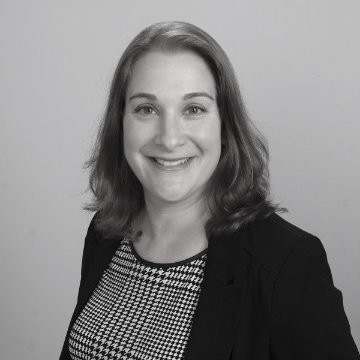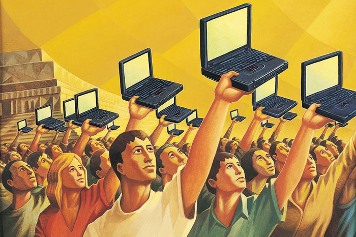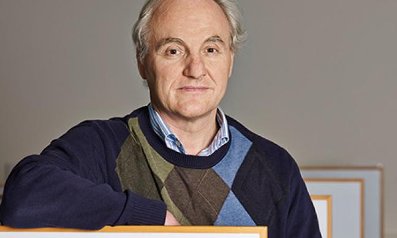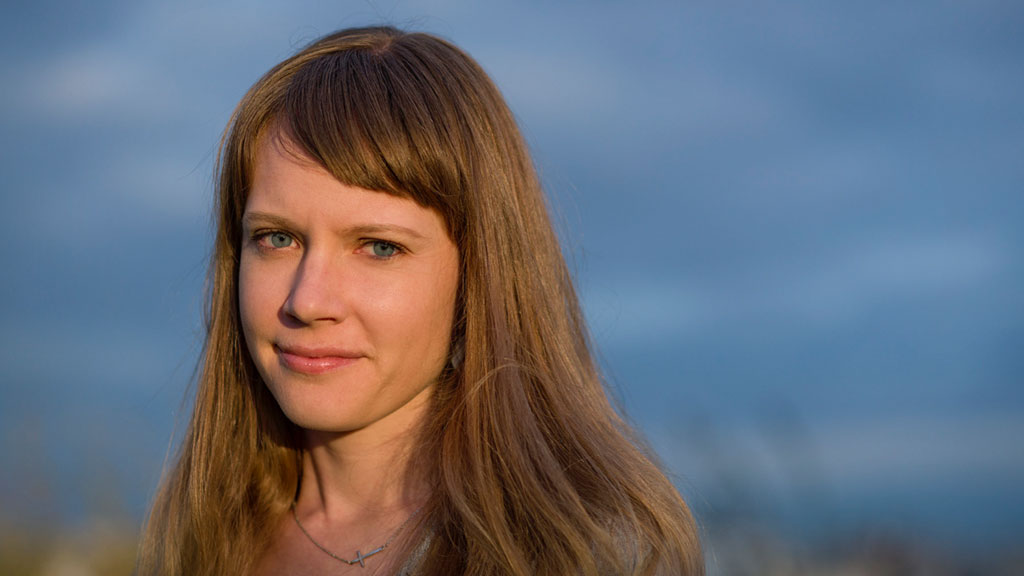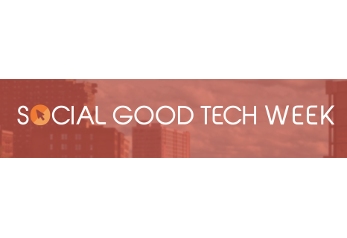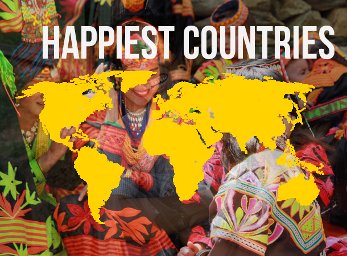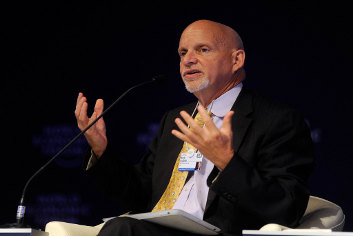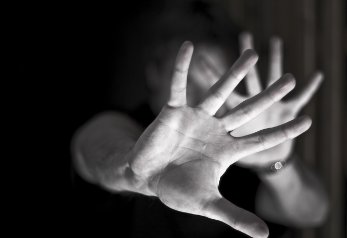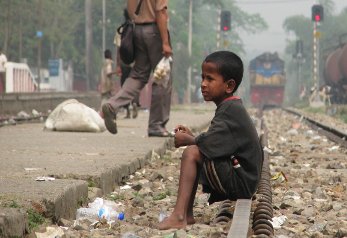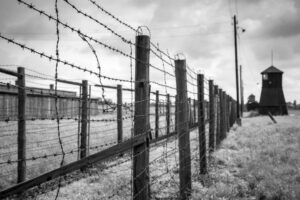
OLBIOS INTERVIEW / STACY GALLIN
OLBIOS. How would you describe the collective experience of the crisis in the USA and what has struck you the most about it?
Stacy Gallin: It is hard to describe the collective experience of the crisis in the US because it is such a large country, and different parts of the country have been dealing with COVID-19 on different levels. For example, those of us who live in the New York-New Jersey area have been impacted a great deal as this is one of the major hotspots for the virus. However, those living in Montana have not faced anywhere near the same amount of exposure to the virus.
While those of us in the hotspots are dealing with tangible evidence of the death and devastation wrought by the virus on a daily basis, others are facing a seemingly “invisible enemy” and being asked to change their entire mode of existence. In some ways this is similar to the period of time immediately preceding the virus’s arrival in the US, when we saw what was happening in Italy but had yet to experience it firsthand.
We have not had strong guidance coming down from the national level. That has certainly been a negative for our country as a whole. However, what I have seen is that rather than communities becoming paralyzed due to the lack of trust in the national government, they have taken an active role in becoming advocates for their communities.
In areas where hospitals are being inundated and don’t have enough PPE for their staff, people are trying to find unique ways to make protective face shields using 3D printers and local colleges are donating supplies from their labs. Local governments are setting up emergency response teams to get food and other necessary resources for the elderly and immunocompromised so that they don’t have to leave the house.
Houses of worship are joining together in interfaith initiatives to care for the most vulnerable members of our society. While I am disappointed in the leadership of our national government, I am incredibly heartened by the way in which communities are coming together to support each other.
O: On a social level, has this crisis been an eye-opener and an opportunity for important insights and significant changes and lessons to be learned in many domains? Could you give one or more examples?
S.G. We have never experienced a global public health crisis of this magnitude in the age of digital and social media. The importance of this cannot be overstated. We have created an environment where people can get access to and share information 24 hours a day, 7 days a week- regardless of whether or not that information is accurate.
The responsibility of journalists to ensure the accuracy of what they are reporting is arguably more important now than ever before because it has ramifications for the way in which people behave and, potentially, the way in which the virus spreads.
Conversely, there is also a responsibility to not cause unnecessary panic. Social media provides an even bigger area of concern because it is incredibly difficult to regulate. With people staying at home isolated from interactions with the outside world, the reliance on news and social media has become even greater. With that comes an increased responsibility to provide accurate information in an ethical manner.
In order to ensure that we have accurate information, we need to reconsider the way in which we view our public health system. This takes many forms. On a legislative level, our governments are making decisions that impact the public health of the entire world without the input of medical and scientific specialists familiar with bioethics, epidemiology, virology, or public health.
We need to create better methods of communication between international governments, global health organizations and professional associations so that in times of crisis they can work collaboratively. This will ensure that data is being properly reported, and there is cooperation on the development and distribution of resources for testing, developing vaccines and/or treatments.
Covid-19 has also highlighted issues within our infrastructure that have long plagued the public health system: access to care, inequity, structural racism, the treatment of vulnerable populations, just to name a few. Once the crisis passes, we must not simply forget and return to the way things were before. These are critical issues that have to be addressed before the next pandemic strikes, or we will have learned nothing from this experience.
O. Tell us about your work on ethics, the Holocaust for modern medical practice, healthcare policies, human rights issues and beyond and if you think it has or is likely to become more complex or even more relevant after the crisis.
S.G. The focus of my work has always been using the Holocaust as a historical framework for exploring current issues in medical practice, health care policy and human rights endeavors. Too often the Holocaust is viewed solely from a historical perspective, which ignores its ramifications for current issues in society.
The field of modern bioethics was born out of the ashes of the Holocaust. When understood from this viewpoint, the Holocaust becomes an essential way to reflect upon the past in order to protect the future and connect with present events.
While I am careful not to erroneously compare the Holocaust to the current Covid-19 crisis out of respect for the sheer enormity of the evil behind what took place during WW II, I do think it is important to acknowledge the shift in basic ethical principles being proposed within health care, politics, public policy and the media.
There is a famous quote by Holocaust scholar Robert Proctor in which he says, “In times of war or economic crisis things can happen that otherwise- in times of peace or economic stability- would never be tolerated.” While Covid-19 is not a war in the traditional sense (and should not be classified as such), it is definitely a challenge on par with those faced during wartime.
As a result, we have seen certain allowances being made throughout the world that would not typically be accepted during “non-Corona” times. Discussions of whose lives are worth more should we find ourselves in need of allocating scarce resources have revived the “hierarchy of human life” for which the Nazis advocated.
Using age, instrumental value to society or even intellectual disability as exclusionary criteria for medical care are dangerously similar to policies enacted by Nazi public health policies.
On the other hand, one of the biggest challenges for physicians has been figuring out how to balance the traditional role of caring for the individual patient with a new requirement to take into account the best interest of society.
This is a dramatic shift for the profession, and one that, again, has certain similarities to the shift in medical ethics taught in Nazi Germany where the main role of the doctor was to care for the nation of Germany, as opposed to the individual. The important difference to remember, of course, is the motive behind the paradigm shift: in Nazi Germany it was to create a better, more perfect society by ministering to the strong and not the weak.
This is certainly not the case here, were the entire field of international health care is doing their best to find a way to save as many people as possible and minimize casualties. However, the idea that the core foundations of medical ethics can shift in such a fundamental way almost overnight is troubling.
It means that we need to double down on our efforts to instill a moral ethos in all of our health care professionals – particularly those who will (and should) emerge after this crisis as advocates and activists for a stronger public health system- that values the importance of human dignity for all individuals.
One of the most effective ways to do this is by teaching bioethics and the Holocaust and learning from the past in order to protect the future.
O. On a personal level, has this crisis changed your focus on what really matters and on future plans and courses of action?
S.G. From a professional perspective, I think that this is more important now than ever before to instill a moral ethos in our healthcare providers that values human dignity regardless of the situation. We may be facing a catastrophe, but that doesn’t mean that we should abandon our fundamental ethical principles for some type of “catastrophe ethics” that is situational.
We need to remain true to our ethical ideals and find ways to apply them to a difficult situation. Again, I believe that teaching bioethics and the Holocaust is a very practical way to achieve this goal. The reliance on e-learning and distance learning is likely not oging to disappear any time soon.
As a result, my nonprofit organization, the Maimonides Institute for Medicine, Ethics and the Holocaust (MIMEH), is currently working with several universities and medical schools to develop online resources to make these types of courses accessible to people all over the world.
One of the positive things that has come out of this situation is a willingness for people across the world to work together and share resources. The principle of solidarity and cooperation, identified in Article 13 of the UNESCO Universal Declaration of Bioethics and Human Rights, encourages global cooperation among individuals and organizations.
I have been working with the Department of Education of the UNESCO Chair of Bioethics to offer a series of international webinars during this time which has given people from all over the world a forum to share their ideas and experiences. This is something that I hope will continue and that I would like to develop further through my relationship with the UNESCO Chair of Bioethics and MIMEH.
Finally, I think that is essential to develop a new generation of health care professionals who can be both practitioners and advocates for change. As mentioned earlier, we need to revisit the way in which public health policy is viewed at the national and global levels.
To do that, we need to invest in education that will prepare the next generation for a crisis such as the one we are currently facing. We belong to a global community, and our education needs to reflect that. I am working with some colleagues to try and develop programs that would address this need as well.
Stacy Gallin, D.M.H. Founding Director, Maimonides Institute for Medicine, Ethics and the Holocaust Co-Chair, Department of Bioethics and the Holocauste, UNESCO Chair of Bioethics (Haifa) Faculty, MS Biomedical Ethics and Humanities, New York Medical College



